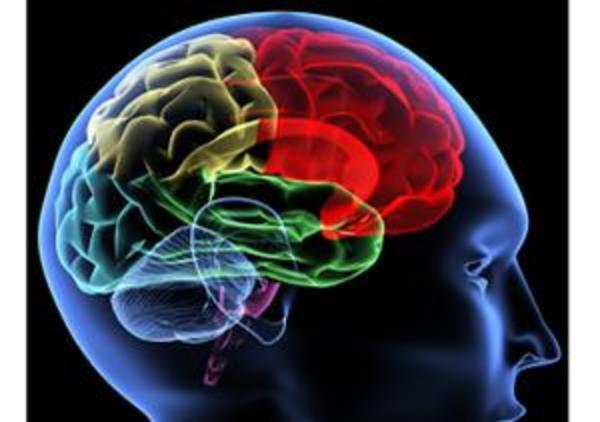
How To Wake Up Your Brain For Instant Mental Clarity
Waking up with your head feeling foggy is something everyone has experienced. However, many people also deal with mental sluggishness throughout the day, which can be frustrating and unnerving, especially for older adults and retirees. Your retirement should be a time of relaxation, but struggling with mental stagnation can feel overwhelming and make it hard to take pleasure in your newfound free time.
Confronting brain fog needn’t be a losing battle. Giving your grey matter a jump-start every day isn’t that hard, and with the help of various cognitive exercises, it’s more than possible to achieve mental clarity.
The best approach in this situation is two-pronged: making use of tools that give your brain an immediate boost while also committing to ongoing activities that have a lasting effect. Here’s how to do both.
Wake Up Your Body
Research has shown time and time again that physical activity has a positive effect on your mental state. Exercises like jogging, swimming, and cycling are especially helpful in terms of boosting blood supply to the brain, which aids the creation of new brain cells.
This doesn’t mean you need to run ten miles a day; doing just 2 minutes of exercise can make a difference to cognitive powers. In practical terms, starting off the day with a short walk around the block is an excellent way of clearing your head. Doing some gentle stretching is effective too, and if you’re into more intense physical activities, go right ahead!
Brain Exercises
Hundreds of mental workouts aid memory and cognitive ability and keep you mentally healthy. A few examples include:
- Alphabet words: This game is short, sweet, and guaranteed to get your brain up and running. Go through the alphabet and come up with a noun for each letter. This boosts concentration, helps your left and right hemispheres to work together, and works your memory. If that’s too easy, think of a noun for each letter in a specific category – i.e., words associated with nature, food, travel, etc.
- Word changing: Another simple exercise that encourages lateral thinking. You’re given two words of four letters each and have to alter the first word one letter at a time until you reach the second word. Each alteration must also be a real word.
- Sudoku, crosswords, and other well-known games: Sudoku, crosswords, brainteasers, riddles, word searches, and even math games are fun and effective ways to get your brain working. The best thing about these puzzles is that they have different difficulty levels, which means that you can play even if you’re a total beginner.
Get Your Thoughts Out
Sometimes when your brain feels cluttered, the best thing to do is sit down and write it out. “Brain dumping” has become a popular method of clearing your head and involves writing down everything on your mind without pausing, overthinking, censoring, or judging the result. It can be surprising to see just how many thoughts are whizzing around your head. Being able to release some of the pressure can make space for more important things.
Meditate
The benefits of meditation are impossible to overstate. Research has shown that a regular meditative practice can improve memory, aid concentration, and help stave off cognitive decline.
You don’t need to become a spiritual guru to reap the benefits of meditation. Just the act of becoming aware of your thoughts can make a positive difference. Mindful meditation can serve the same purpose as a written brain dump, although at first, it might feel like more of an effort. Being still and sitting with your thoughts can be deceptively demanding.
Meditation can take many forms. It can mean counting your inhalations and exhalations, breathing in to the count of four and out for six, observing your thoughts coming and going, or listening to a guided meditation.
All of these meditation methods have both long- and short-term benefits. If you’re trying to jolt your brain out of a slump, doing some deep breathing can give your mind the room it needs to settle and concentrate on whatever you’re busy with.
Try An App
If you enjoy using technology to make your life easier, then downloading an app to get your mind moving would be a great idea. There are various free and paid apps that people use to boost mental alertness, including Lumosity, which offers a range of brain-training games; Elevate, an app focusing on skills that enhance communication; and Cognito, which uses elements of story-telling to keep you engaged.
Train Your Brain To Be More Alert
When it comes to keeping your brain clear and sharp, there’s no singular solution. Just like we need various nutrients and vitamins to function optimally as we age, our minds and bodies need different types of mental and physical stimulation. Using brain games, cognitive exercises, and physical activities, we can look forward to a calmer and more vital state of mind.